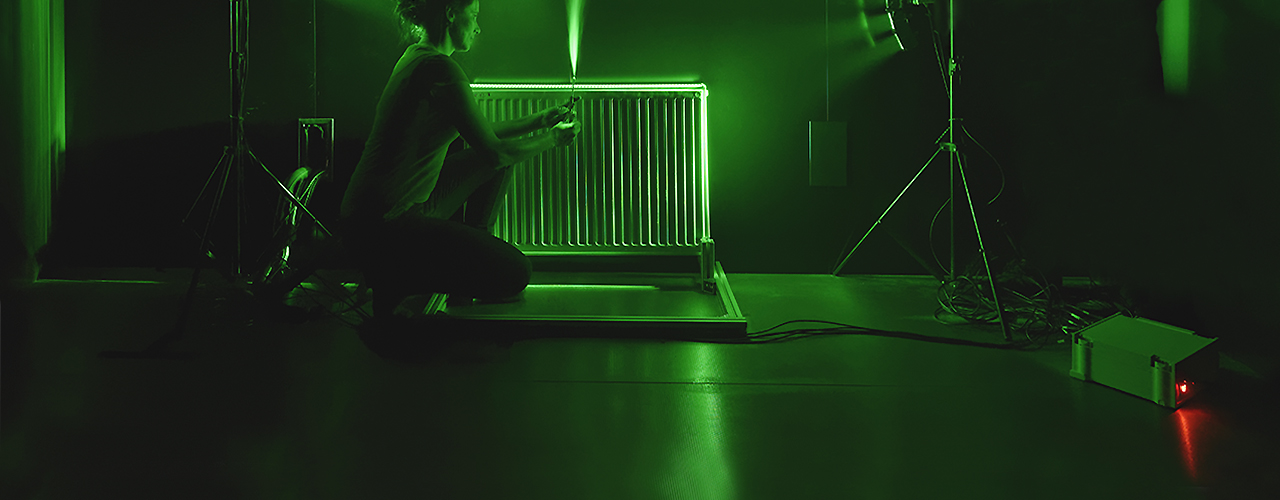The Institute of Geomechanics and Subsurface Engineering at RWTH has developed a calculation tool for the “Geothermie in NRW” internet platform to simplify the process of planning geothermal plants. The Geological Survey of North Rhine-Westphalia (GD NRW) provides the platform www.geothermie.nrw.de on behalf of the North Rhine-Westphalian Ministry of Economics and now provides users with the option of quickly dimensioning geothermal probes and probe fields between 100 and 1000 meters to cover any heating and cooling requirements.
“Geothermal energy is an essential part of achieving Germany’s net zero targets and the further developed “Geothermal in NRW” platform is a powerful tool to support this. With our calculation tool, we want to help tap the potential of geothermal energy, whether for building or district heating and cooling or even electricity generation,” explains Institute Director Professor Raul Fuentes.
Beyond shallow and medium-depth geothermal energy, the new version of the virtual portal will in the future also provide relevant geothermal information, reaching depths of more than 5,000 meters. This is particularly valuable for neighborhood heating supplies and the feed-in of clean geothermal heating into district heating networks. “The portal is an important bridge to the heating transition and is therefore oriented to current needs: a local, independent, secure, and, above all, climate-friendly heating supply for NRW. With the addition of medium-depth and deep geothermal energy, we are making important geodata available to municipalities, energy suppliers, and companies with high heating requirements, thus taking some of the risks out of projects as early as the planning phase,” explains GD NRW Director Dr. Ulrich Pahlke.
The development of the calculation tool was made possible by funding from the Federal Ministry of Education and Research’s for the GeTIS Project, which is headed by the RWTH Institute of Energy Efficiency and Sustainable Building. Meanwhile, findings from GeTIS are being further utilized in the current Federal Ministry of Education and Research-funded follow-up project GeoWaermeWende, which focuses on district heating.




Leave a Reply
You must be logged in to post a comment.